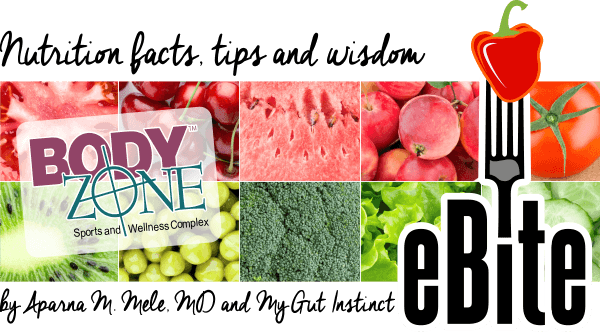
Allium vegetables, often referred to as bulb vegetables, are aromatic vegetables used widely in cooking to add flavor to many dishes. Their earthy and pungent sweetness can transform any dish, and the sulfides that give them their strong aroma have been linked to a reduced risk for breast and colon cancer and have disease fighting antioxidants such as vitamin C and quercetin that can lower cardiovascular disease. Their immune-building organosulfur compounds are released when the vegetables are chopped, crushed, or chewed and inhibit cancer cell growth plus have anti-inflammatory properties that can combat osteoarthritis.
Allium vegetables include:
• Garlic
• Onion
• Shallot
• Chives
• Leeks
• Water chestnuts
• Scallions
While any consumption of allium foods may be beneficial, the best way to maximize their nutritive value is to eat them raw. These make excellent salad vegetables, and they deliver the most flavor and texture when they’re uncooked. Alternatively, fresh chopped garlic can be added to cooked dishes in the last few minutes of heat exposure, or onions and shallots can be lightly steamed separately from the main dish to avoid cooking it as much. Dried garlic or onion powder has lost a lot of the beneficial nutrients of the fresh vegetable, but it is more concentrated and can still be beneficial.
Add these gems to your recipes to spice up your dishes, while ensuring your long-term health too!
Yours In Health,
Dr. Mele
Citrus and Onion Salad
Serves 4
Source: www.thekitchn.com
Ingredients:
6 mixed citrus (ex. oranges, lemons, grapefruit) peeled, sliced, and seeded
2 small onions thinly sliced
12 black olives
½ tsp cumin seeds toasted and crushed
Small bunch of fresh mint leaves
2 tbsp of extra virgin olive oil
Salt
Preparation:
Arrange the citrus slices on a place. Top with onions, olives, mint, and cumin. Drizzle with olive oil and sprinkle with salt.
Let sit for 5 minutes to marinate the flavors before serving.
